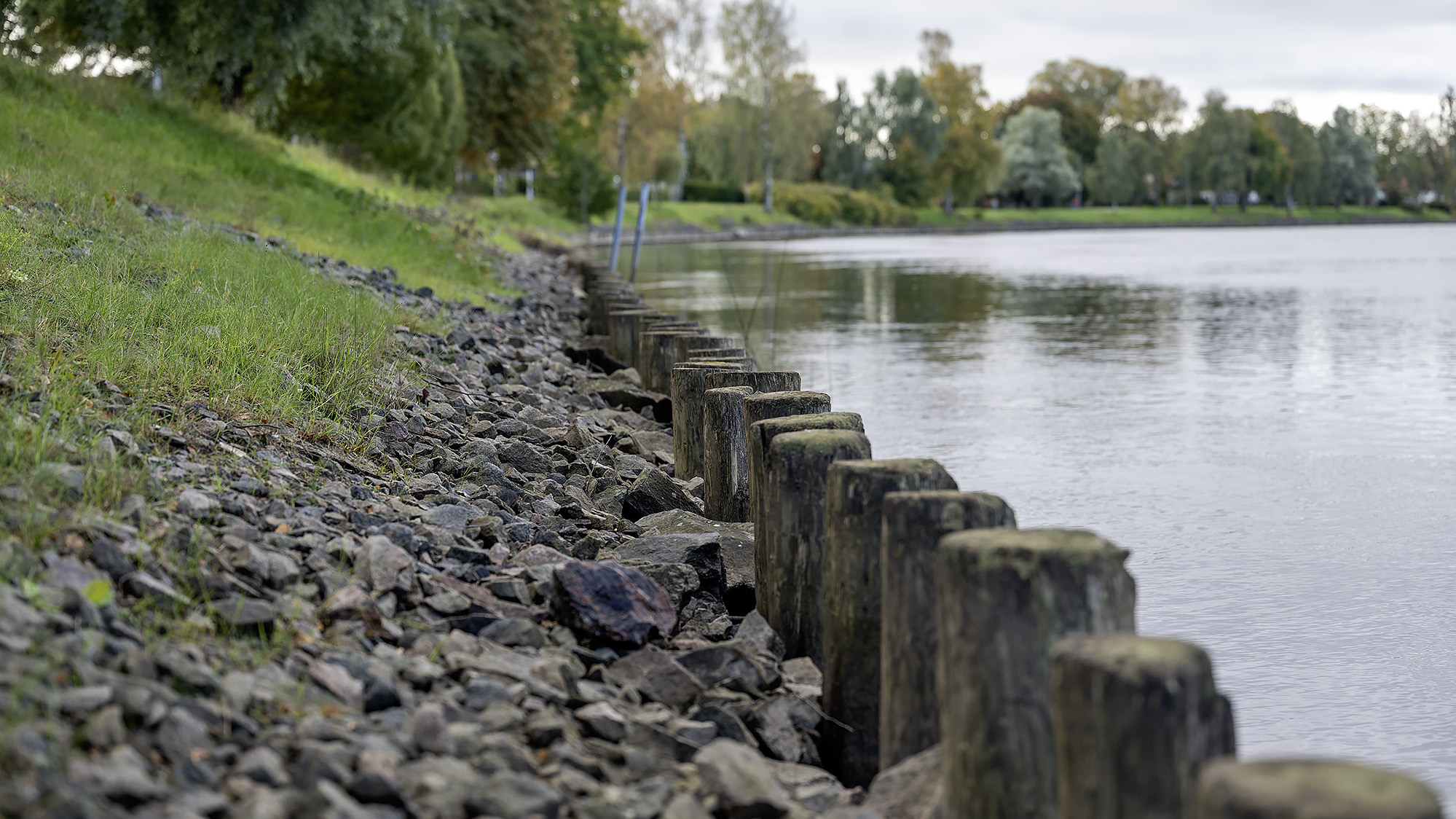Where you live affects concern about climate impacts
An increasing number of Swedish municipalities are being affected by climate-related extreme events such as floods, droughts and storms. But what do the people living in these areas think about it?









